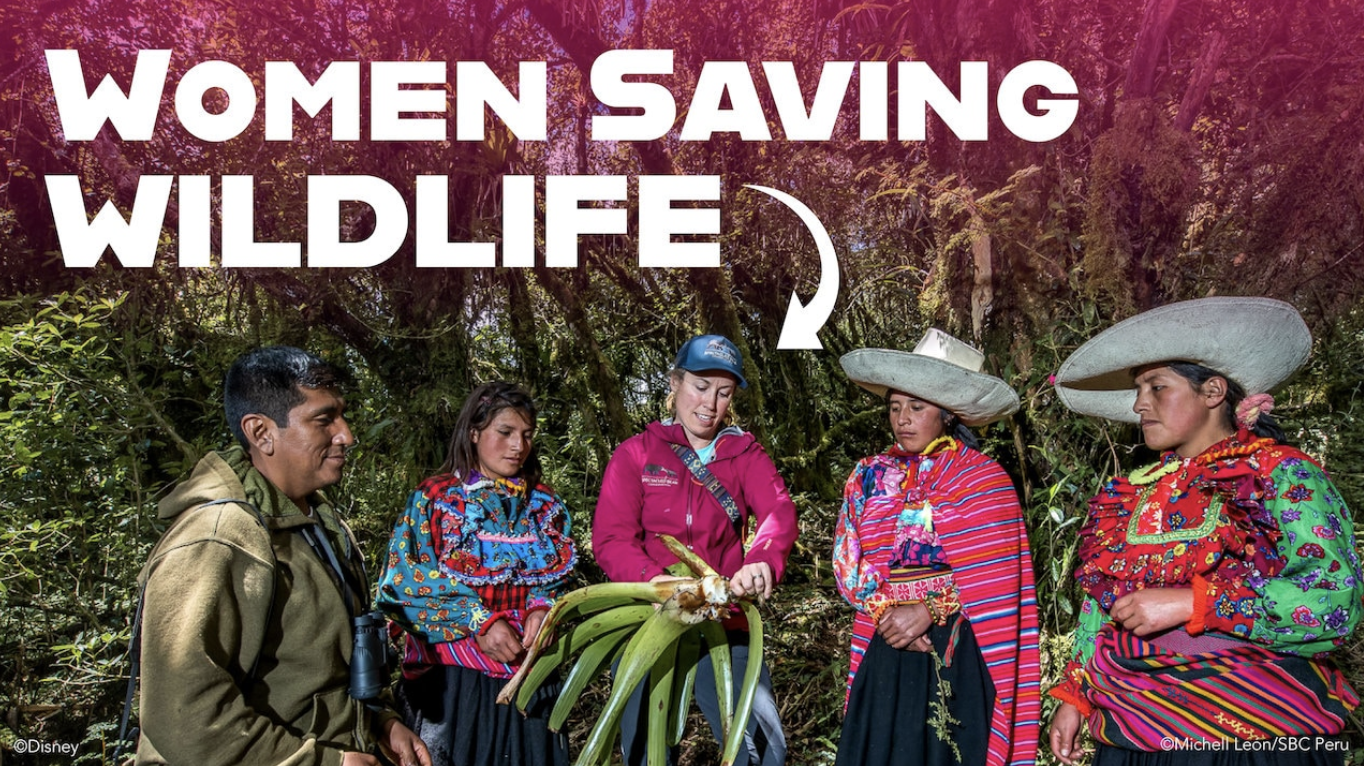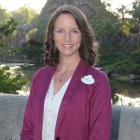In a month celebrating women and their many accomplishments, and only days away from Earth Month – we’re shining a light on 11 female conservationists dedicated to creating a healthier planet for people and wildlife. The Disney Conservation Fund is proud to support programs led by these inspiring women who have positively impacted the future of wildlife – from lions in Africa, to orangutans in Indonesia, to monk seals in Hawaii – and more.
Here are their stories:
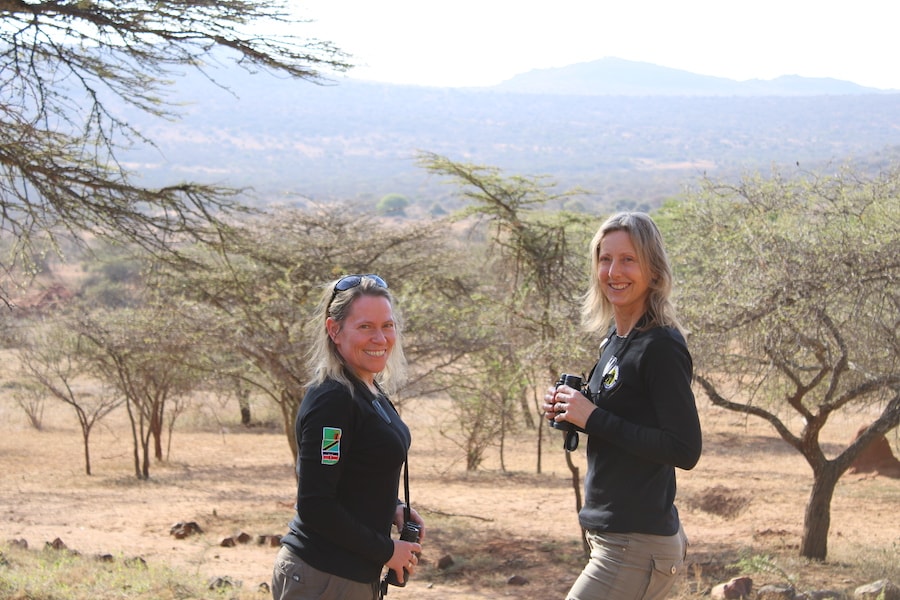
Dr. Amy Dickman & Dr. Alayne Cotterill, joint CEOs, Lion Landscapes
Drs. Amy Dickman and Alayne Cotterill have spent more than 30 years working on the conservation of large carnivores in East and Southern Africa. In 2020, they formed Lion Landscapes to champion carnivore conservation while ensuring tangible benefits for wildlife and indigenous communities across Kenya, Tanzania and Zambia. Through their leadership, Amy and Alayne have been instrumental in devising new conservation models, mitigating human-wildlife conflict, empowering communities, contributing to collaborations like the Pride Conservation Alliance with four other conservation leaders and fostering sustainable, equitable conservation practices.
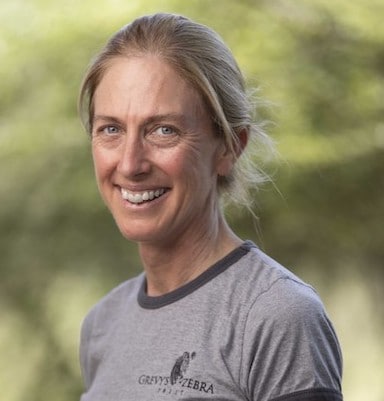
Belinda Mackey, Grevy’s Zebra Trust
Kenyan-native Belinda Low Mackey has worked for 21 years with indigenous communities to conserve endangered Grevy’s zebras. She co-founded the Grevy’s Zebra Trust (GZT) in 2007 based on the belief that solutions for Grevy’s zebra must also be solutions for people. Her team created a conservation network across 10,000km2, developed the successful Grevy’s Zebra Scout, Ambassador and Warrior Programmes to empower local people to lead long-term wildlife monitoring and also empowered women to lead restoration work, resulting in significant land recovery. The team’s life-saving efforts for Grevy’s zebra during crises such as droughts have dramatically impacted survival of this endangered species.
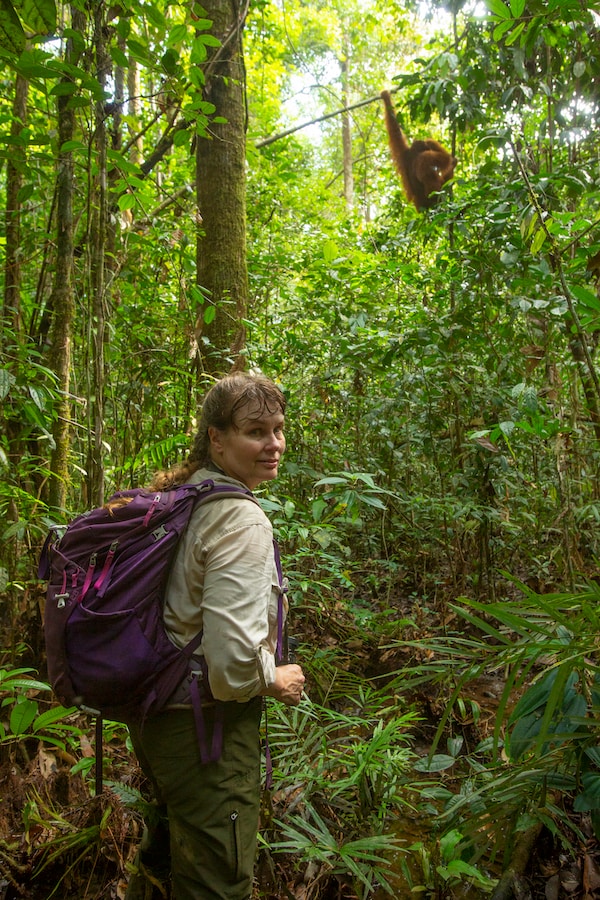
Dr. Cheryl Knott, Gunung Palung Orangutan Conservation Program
Co-founder of the Gunung Palung Orangutan Conservation Program (GPOCP) and National Geographic Emerging Explorer, Cheryl Knott, Ph.D. works to protect critically endangered orangutans and their rainforest habitat in Indonesia. Her team has helped communities secure and manage nearly 100 km2 of rainforest habitat across eight village forests and helped hundreds of families reduce illegal logging and adopt environmentally-friendly income sources including organic farming and aquaculture. GPOCP’s research and education programs help address critical threats to orangutans and their habitats, and inspire conservation stewardship among thousands of people each year. Cheryl and her team also actively engage with government organizations to reduce illegal wildlife trade that threatens orangutans and other wildlife.

Deepshikha Sharma, International Snow Leopard Trust
Deepshikha Sharma of the Nature Conservation Foundation and the International Snow Leopard Trust has always been inspired by communities living close to wildlife and, against all odds, working to conserve it. Since completing her masters degree, Deepshikha has been working closely with agro-pastoralist communities who share the trans-Himalayan landscape with snow leopards. She is the force behind the “Women for Snow Leopards” project, a new initiative to establish a network of local conservation champions across four critical snow leopard habitats and expand snow leopard conservation initiatives. Deepshikha’s team will be India’s first women-led effort to monitor snow leopards, and a crucial step toward growing gender-inclusive conservation leadership. The team will deploy and recover camera traps that will provide vital information on the snow leopard species’ status and population trends, and can help identify emerging threats and evaluate the effectiveness of conservation actions.
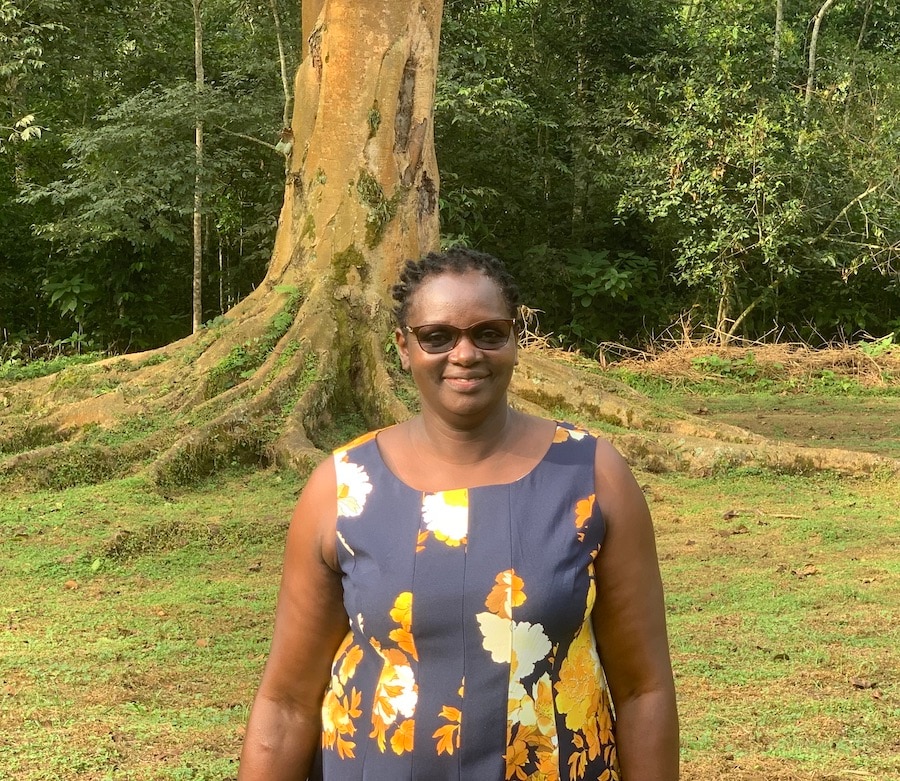
Dr. Emily Otali, Kasiisi Project
Emily is a primatologist specializing in chimpanzee behavior, the first African woman to receive a Ph.D. in this field and a National Geographic Explorer. Emily has devoted her life to the conservation of Kibale National Park, Uganda and its communities. For nearly two decades, she has led the Kasiisi Project (locally called Kibale Forest Schools Program, KFSP) as Country Director and Kibale Chimpanzee Project (KCP) as Field Director. Under Emily’s leadership, KFSP’s education, health and conservation initiatives have transformed its forest-edge primary schools into a model for the region, reaching 8,000+ children per year and inspiring a generation committed to conservation. Her guidance of KCP has also ensured its ongoing critical role in safeguarding the park and its chimpanzees.
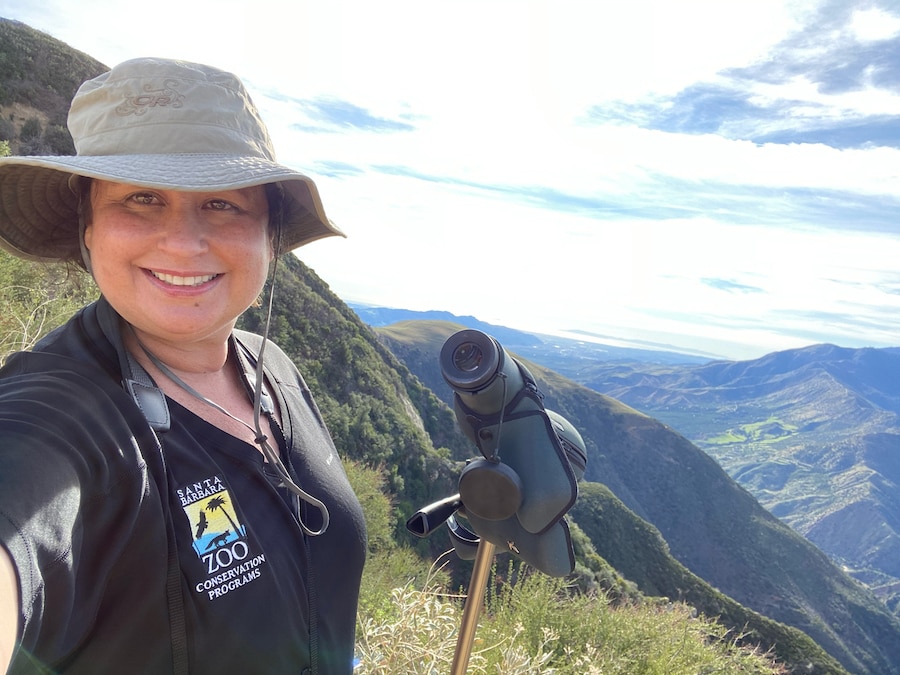
Dr. Estelle Sandhaus, Santa Barbara Zoo
From her start as a biology student at University of California San Diego, Estelle’s passion for animal behavior and conservation drove her graduate research and led her to the Santa Barbara Zoo. Drawn to the plight of reintroduced California condors, she partnered with the US Fish and Wildlife Service to develop the California Condor Nest Guarding Program. Thanks to Estelle and her team’s thousands of hours of field observations, interventions and education and outreach in the urban communities that share the condor’s landscape, condor nest success has dramatically increased. Today, more than one quarter of the southern California condor flock is wild-born.
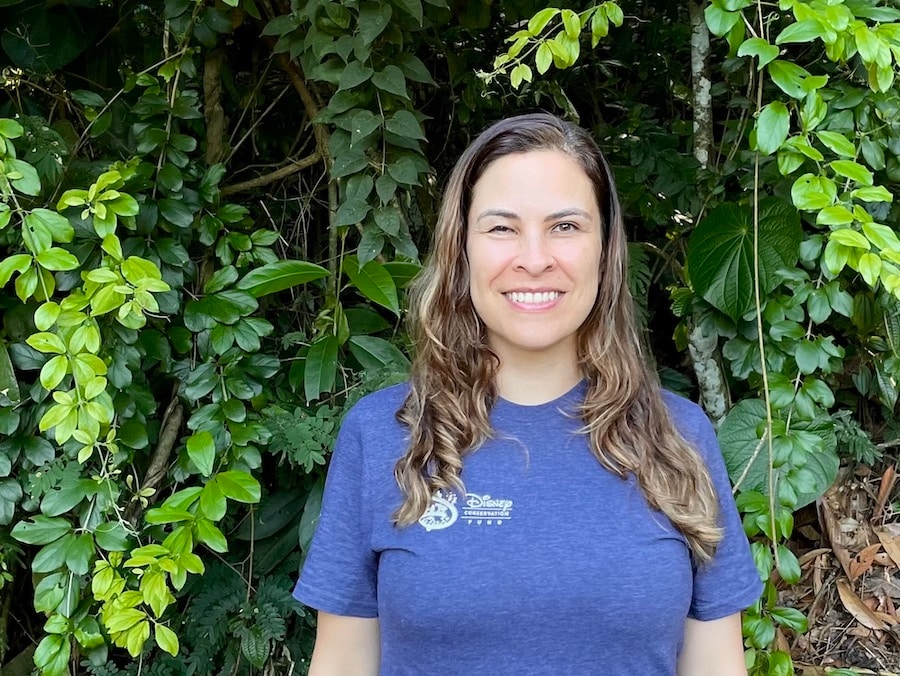
Dr. Gabriela Rezende, Instituto de Pesquisas Ecologicas
Nestled in the heart of the state of Sao Paulo, Brazil, Gabi’s journey began after a chance encounter with a tiny tamarin monkey. For a decade, she has spearheaded Instituto de Pesquisas Ecologicas’ (IPÊ), a groundbreaking project on endangered black lion tamarins and contributed to the recovery and protection of Brazil’s Atlantic Forest. Gabi has tirelessly advocated for the coexistence of people and nature while expanding protected habitats for tamarins and increasing forest connectivity through innovative habitat management techniques. Her pioneering research methodologies paved the way for a deeper understanding of these animals, while her efforts in population management offered a lifeline to tiny, isolated populations.
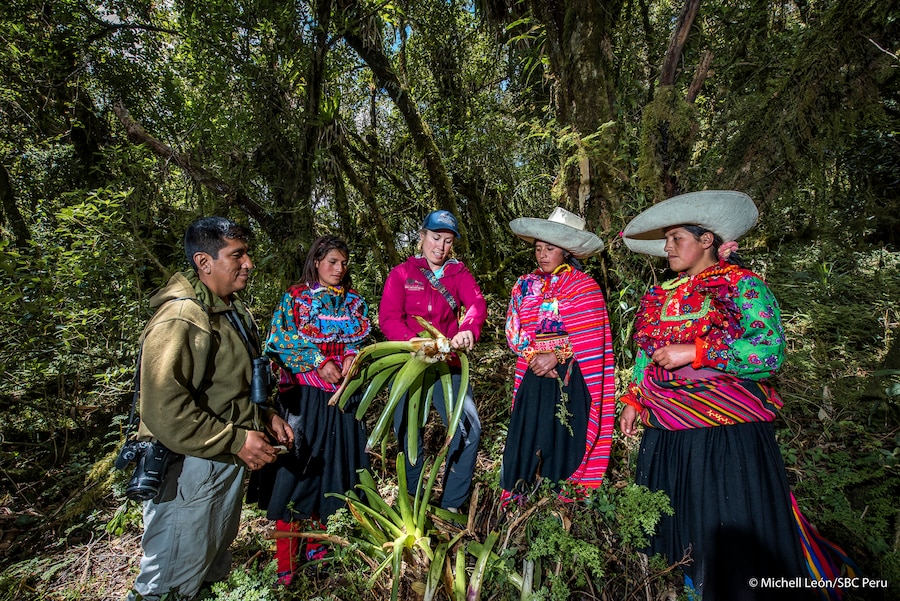
Robyn Appleton, Spectacled Bear Conservation Peru
Robyn is a biologist with over 20 years of field experience studying bears in North and South America. She established Spectacled Bear Conservation after discovering a rare and threatened spectacled bear population in Peru’s dry forest in 2007. Driven by her love for these bears, she guides SBC’s research, yielding groundbreaking findings that advance knowledge of this bear species. SBC’s 17-year study has provided critical data for conservation action, including a private land purchase to protect key bear habitat. Robyn is a passionate advocate for empowering women and communities and believes that improving the well-being of people is essential for long-term conservation success.
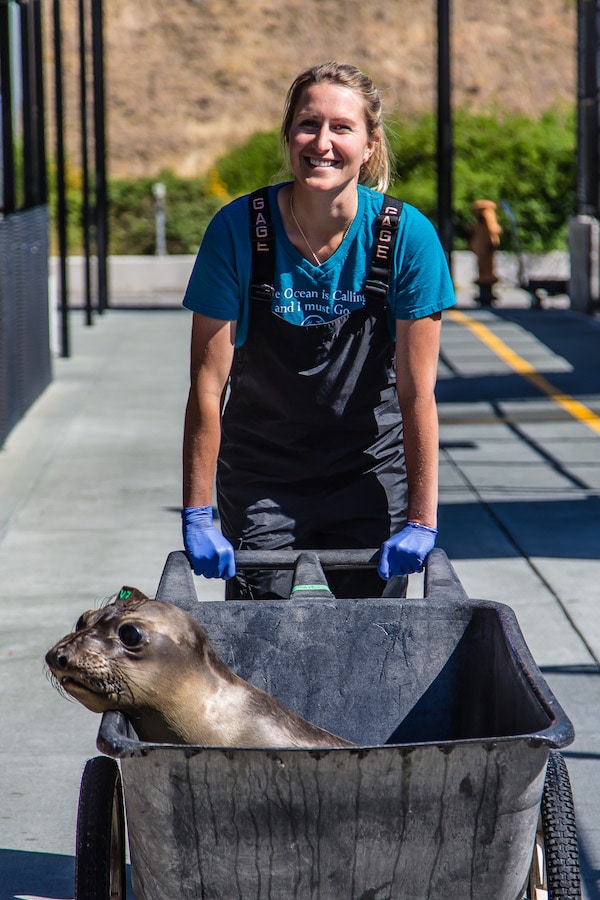
Dr. Sophie Whoriskey, DVM, The Marine Mammal Center
Since graduating from the Atlantic Veterinary College on Canada’s Prince Edward Island, Dr. Sophie Whoriskey has been dedicated to improving the lives of aquatic animals. Committed to ocean conservation from an early age, Sophie has extensive experience working in remote and harsh environments and has supported research projects from Alaska to Antarctica, all with a mission of advancing the global body of knowledge on marine mammal health. Dr. Sophie now leads the rehabilitation program at Ke Kai Ola (“The Healing Sea”), The Marine Mammal Center’s Hawaiian monk seal hospital on the island of Hawaiʻi. With fewer than 1,600 remaining, rescued seals get a second chance at life and their powerful stories inspire people to take actions that positively impact ocean health.
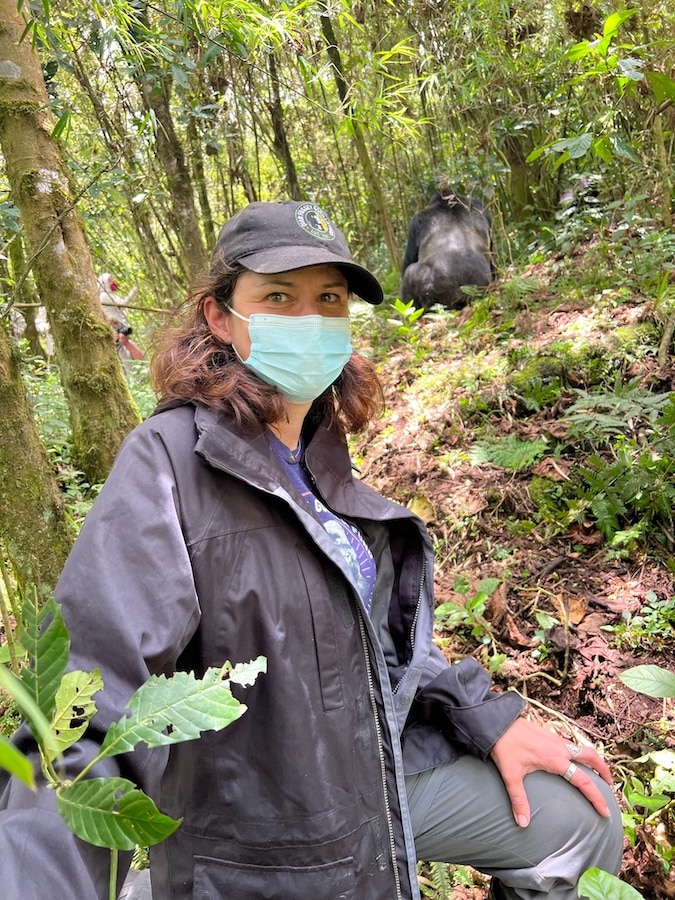
Dr. Tara Stoinski, Dian Fossey Gorilla Fund
Dr. Tara Stoinski, president and CEO/chief scientific officer of the Dian Fossey Gorilla Fund, is a primatologist and global leader in the study and conservation of gorillas. During her 20+ years at the Fossey Fund, Tara has led her organization’s work resulting in meaningful achievements protecting gorillas, advancing research training conservationists and building resilience in local communities. Tara leads a team of nearly 400 people working to save gorillas and their critical habitats in Rwanda and eastern Democratic Republic of Congo. Committed to equipping the conservation leaders of today and tomorrow with the skills to succeed, Tara led the development of the Ellen DeGeneres Campus, an award-winning research and educational facility in Rwanda that provides hands-on training opportunities to hundreds of early career scientists each year.
Since 1995 the Disney Conservation Fund has invested more than $125 million to support community-based programs working to protect wildlife and their habitats globally and invest in the next generation of conservation leaders, like these incredible women. To learn more about our efforts, visit disney.com/conservation.
